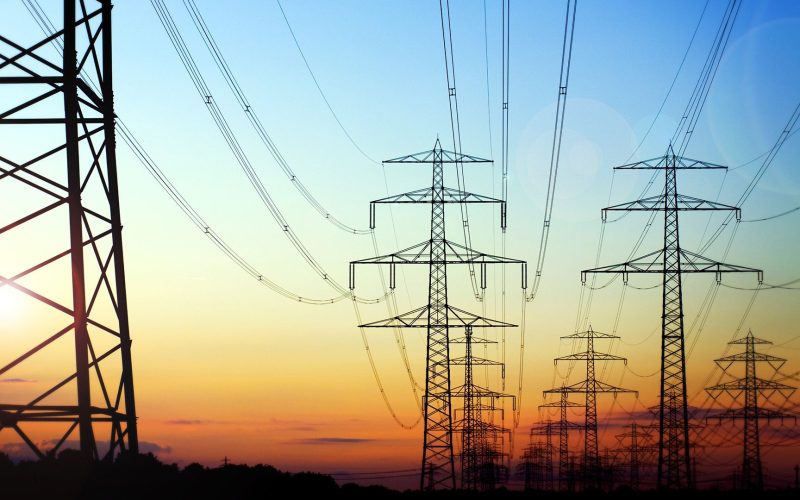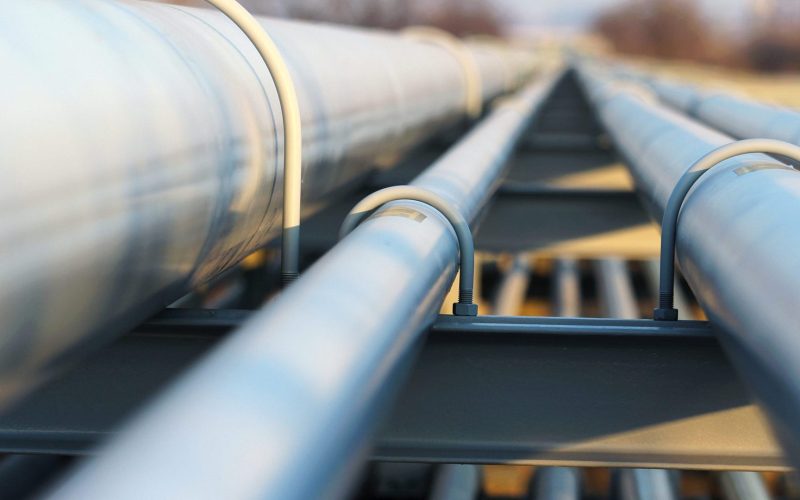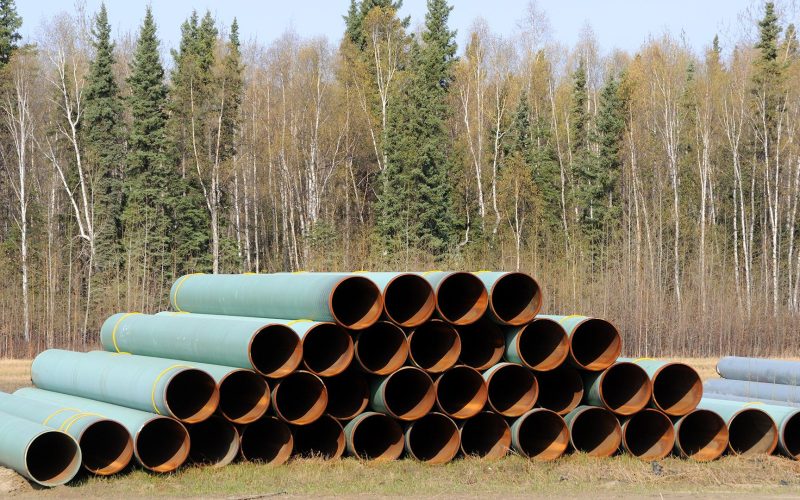THE VOICE FOR THE ENERGY CONSUMER

With utilities across Florida investing in new natural gas power plants, pipelines are necessary to ensure that the reduced emissions benefits and affordable power for energy consumers can be achieved..

Farmers across the Midwest have suffered in the past with increased transportation costs as they try to get their crops to market as a result of a lack of pipelines.

Community members like Mark Zimmerer, president of the Norfolk Area Chamber of Commerce, came out in support of new energy infrastructure and spoke about the positive outcomes seen by the.

States across the Mid-Atlantic are expected to see tremendous economic benefits with the construction of the proposed Northeast Supply Enhancement Project according to new research from Rutgers. According to researchers.

CEA’s David Holt joined Jacki Daily to discuss the Pipelines for America campaign and the positive impact pipeline infrastructure has on lowering utility bills for families. Read more – The.

CEA President David Holt discussed how consumers across the country can see energy bills decrease as a result of pipelines. Families and businesses in Massachusetts, Connecticut and California, meanwhile, pay.
Delegate Frank Deem recently talked about how the Keep-it-in-the-Ground movement is hurting West Virginians. By being against everything, the movement prevents communities across the state from realizing new economic opportunities.

Consumer Energy Alliance’s latest poll on energy issues was featured on Daily Energy Insider. “As we’ve seen in years past, the success of those running for Governor or for seats.

U.S. Government Plans Major Changes to Energy Management (via The Hill) Under the administration of former President Barack Obama, energy research and policy was mostly under the purview of the.

The Exponent Telegram’s editorial board called for the building of the Atlantic Coast Pipeline after thoroughly reviewing the positive environmental and economic data collected for the permitting process. On the.